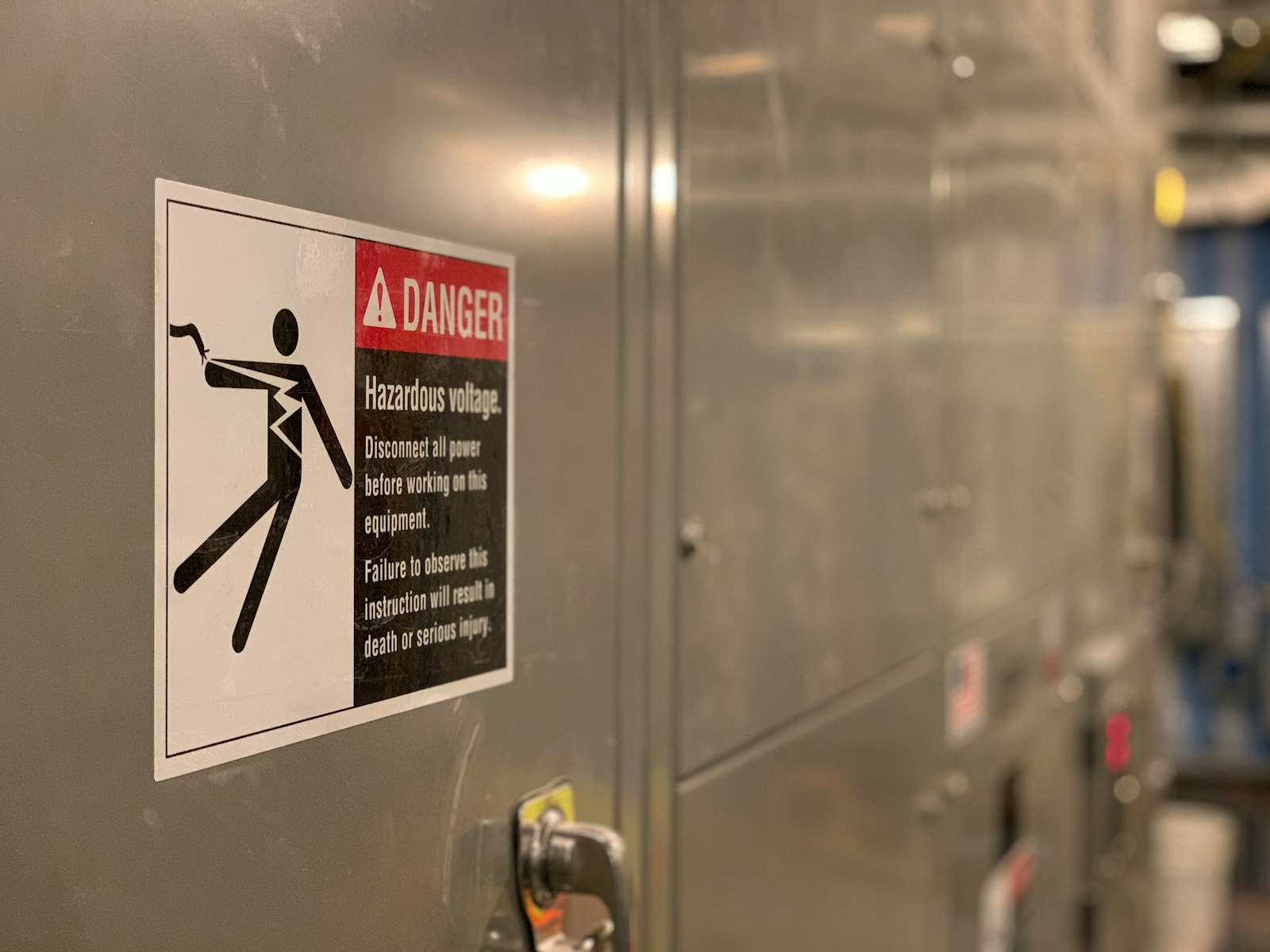
Workers’ Compensation and OSHA: How They Work Together
Workers’ compensation and the Occupational Safety and Health Administration (OSHA) both support workplace safety and employee well-being. While they serve different purposes, they work together to create a safer, more efficient work environment.
OSHA: Preventing Workplace Hazards
OSHA is a federal agency that sets and enforces safety standards to protect workers from job-related injuries and illnesses. It also provides training, conducts inspections, and investigates workplace incidents. By identifying hazards and promoting best practices, OSHA helps businesses reduce the risk of accidents before they happen.
Workers’ Compensation: Supporting Injured Employees
Workers’ compensation is a state-mandated insurance program that provides benefits to employees who are injured or become ill due to their jobs. It typically covers:
- Employee medical expenses and rehabilitation
- Partial wage replacement during recovery
- Death benefits for dependents in fatal cases
This system helps injured workers receive timely support, and the policy’s employers’ liability component can help shield workplaces from costly lawsuits.
How They Work Together
Although OSHA and workers’ compensation operate independently, they are closely connected in practice. OSHA’s focus on prevention helps reduce the number of workplace injuries, which in turn lowers the volume and cost of workers’ compensation claims. Meanwhile, data from workers’ comp claims can help OSHA identify trends and target areas for safety improvement.
Businesses benefit from this relationship in several ways, including:
- Lower insurance premiums for maintaining a safe work environment
- Fewer lost workdays due to injury prevention
- Improved compliance with legal and regulatory standards
By aligning OSHA compliance with workers’ compensation strategies, businesses can enhance employee morale, reduce operational disruptions, and avoid legal penalties. A strong safety culture also boosts a company’s reputation and can lead to better recruitment and retention outcomes.
Contact Us
Contact SF Insurance and Financial Services today to review your workers’ compensation policy and discuss potential coverage gaps.
This blog is intended for informational and educational use only. It is not exhaustive and should not be construed as legal advice. Please contact your insurance professional for further information.
Categories: Blog, Workers’ Compensation
